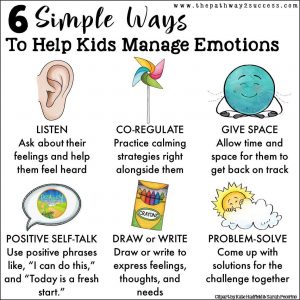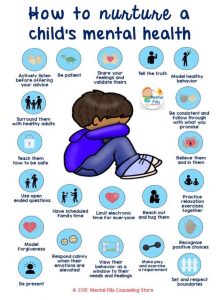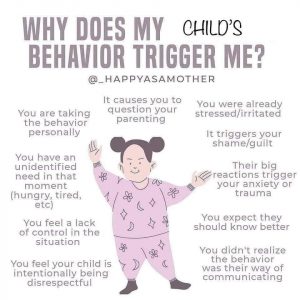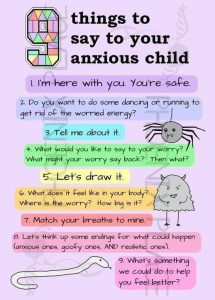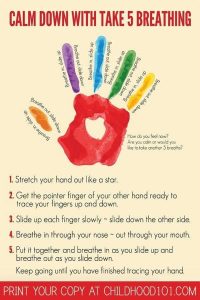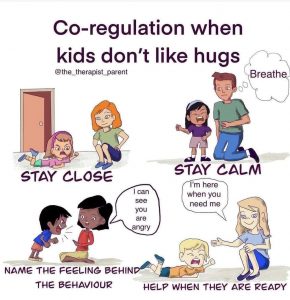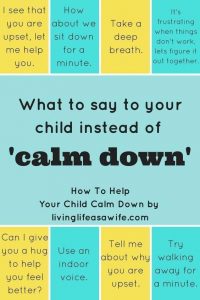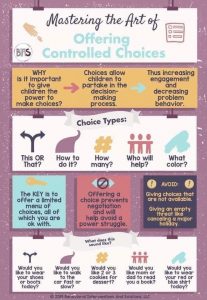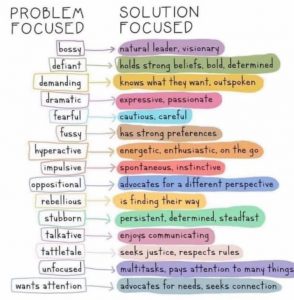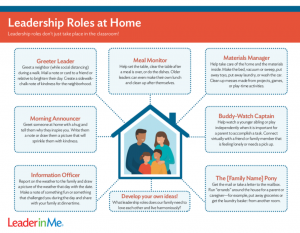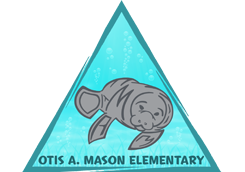Counseling Corner
Mrs. Ribeiro and Mrs. Latham
904-547-8440
Email Ms. Latham our School Counselor
Email Mrs. Ribeiro our School Counselor
Not sure where to start? Email our Guidance Clerk, Mrs. Waler.
April is about ALL PILLARS. Talk to your child about the importance of character.
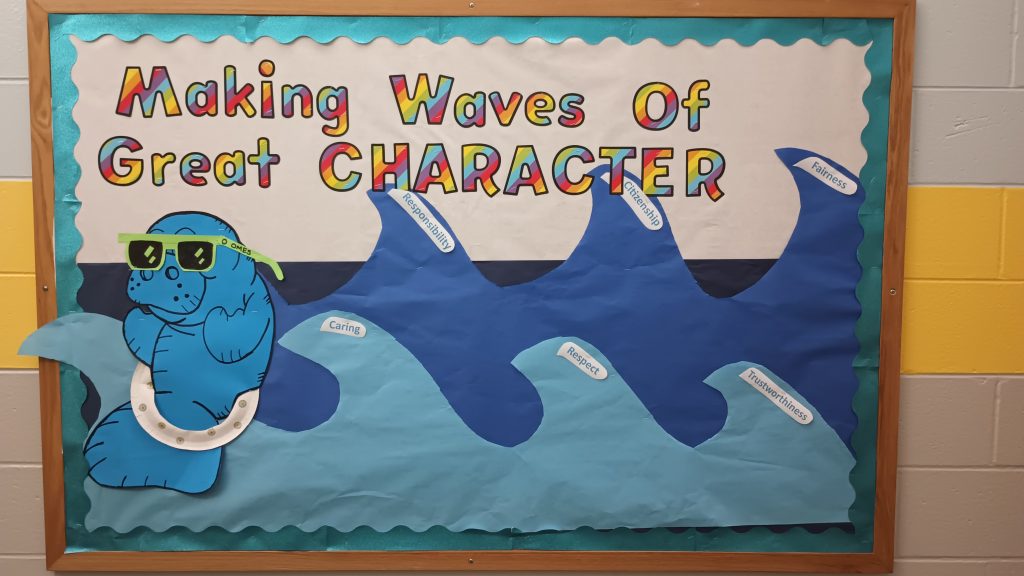
Here is the St. Johns County School District Character Counts! website.
Use this link to access resources for Trustworthiness.
Use this link to access resources for Caring.
Use this link to access Citizenship resources.
MISSION
The mission of the School Counseling Program at Otis A. Mason Elementary School is to help every student strive towards their personal best! By maintaining a comprehensive school counseling program, we will maximize every students social/emotional development, academic achievement, and career development potential. the goal is for students to become responsible citizens and lifelong learners. We will focus our efforts through partnerships with parents/guardians, staff, and community members. Our program will enable all students to become successful, productive citizens and lifelong learners in a world full of diversity and change.
Comprehensive School Counseling Program
“A comprehensive school counseling program is an integral component of the school’s mission. Comprehensive school counseling programs, driven by student data and based on the ASCA National Model: • ensure equitable access to a rigorous education for all students • identify the knowledge and skills all students will acquire as a result of the K–12 comprehensive school counseling program • are delivered to all students in a systematic fashion • are based on data-driven decision making • are provided by a state-credentialed school counselor” -American School Counselor Association 2017
Purpose of School Counseling
- To provide a safe place to express and validate feelings
- To help students with problem solving and building coping skills
- Assist in increasing self-esteem
- To support parents and school staff in working with students
- To teach communication skills and promote communication between students, parents and school
School Wide & Classroom Lessons
Throughout the year students receive education around the 6 Pillars of Character:
- Trustworthiness
- Responsibility
- Respect
- Fairness
- Citizenship
- Caring
In addition, students receive lessons focusing on Social Emotional Learning Topics such as:
- Self-Awareness
- Self-Management
- Social Awareness
- Relationship Skills
- Responsible Decision Making
Other Possible topics covered (but not limited to) may include the following:
- Understanding our school community
- Academic and Personal Success
- What’s in our control
- Friendship and communication skills
- Anger Management and Conflict Resolution
- Career Exploration
- Safer Smarter Kids (State required safety program)
Individual Assistance
The School Counselor’s goal is to build relationships with all students so they feel comfortable trusting and leaning on them in their time of need. The School Counselor offers assistance to students with social/emotional needs, educational needs, and career development.
Students can be referred to the school counselor by classroom teachers, other staff, parents, or self-referrals.
The School Counselor is not a licensed mental health counselor or licensed clinical social worker. Services provided by the school counselor are typically short-term and solution-focused. If more intensive, long-term counseling is warranted, a school counselor may be a resource in helping identify those needs.
Small Groups
Being part of a small group enables students a safe environment to express themselves and learn skills that will help them be more successful students and citizens. Small groups can offer students a place to feel a sense of community and build stronger friendships.
Groups are typically 20-30 minutes and during lunch or resource time to avoid disruption to the educational process. Students must have parent permission to participate. Confidentiality is expected from all group members.
Collaboration with Parents/Staff
An important part of helping students grow to their fullest potential is the partnership established between all adults with the same goal in mind for each individual. Collaboration between those adults, as well as the student, is in the best interest of the child.
Testing
- F.A.S.T. and S.T.A.R. Testing Coordinator
- ACCESS for ELLs Testing Coordinator and Administrator
- CogAT (screening instrument used to identify gifted students)
- IPT – English Language Learners screening instrument
MTSS Team Member
The MTSS Team identifies students who are struggling with grade level academic instruction and/or behaviors. Together the team identifies and facilitates interventions to help students meet grade level expectations and behavioral expectations.
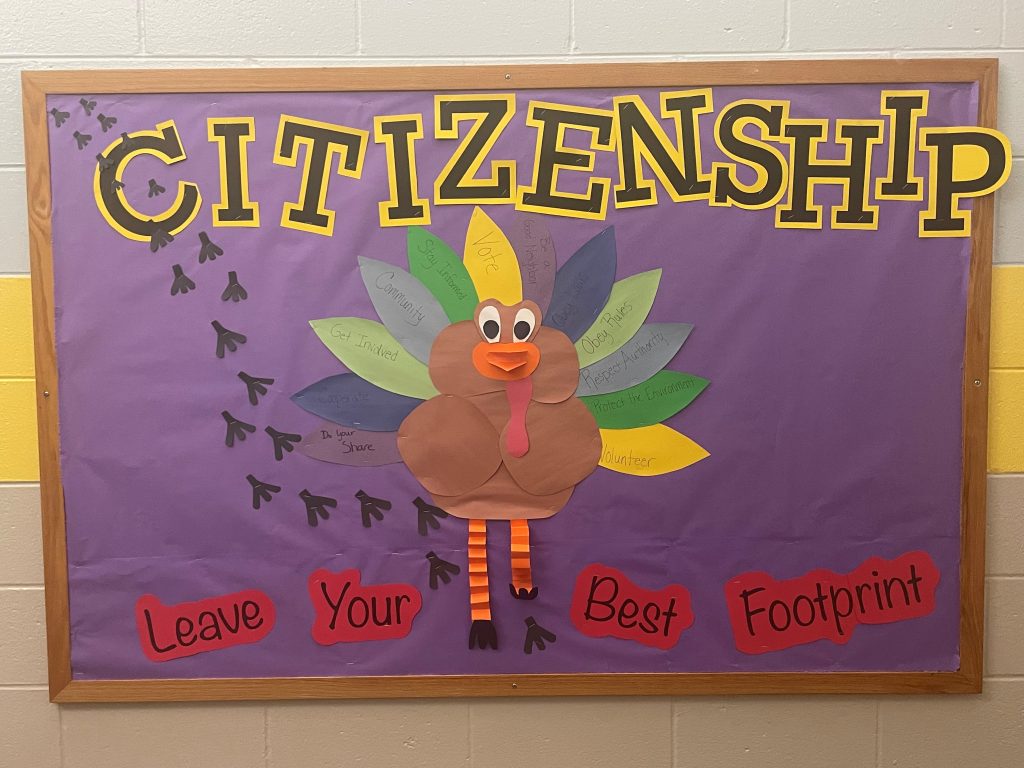
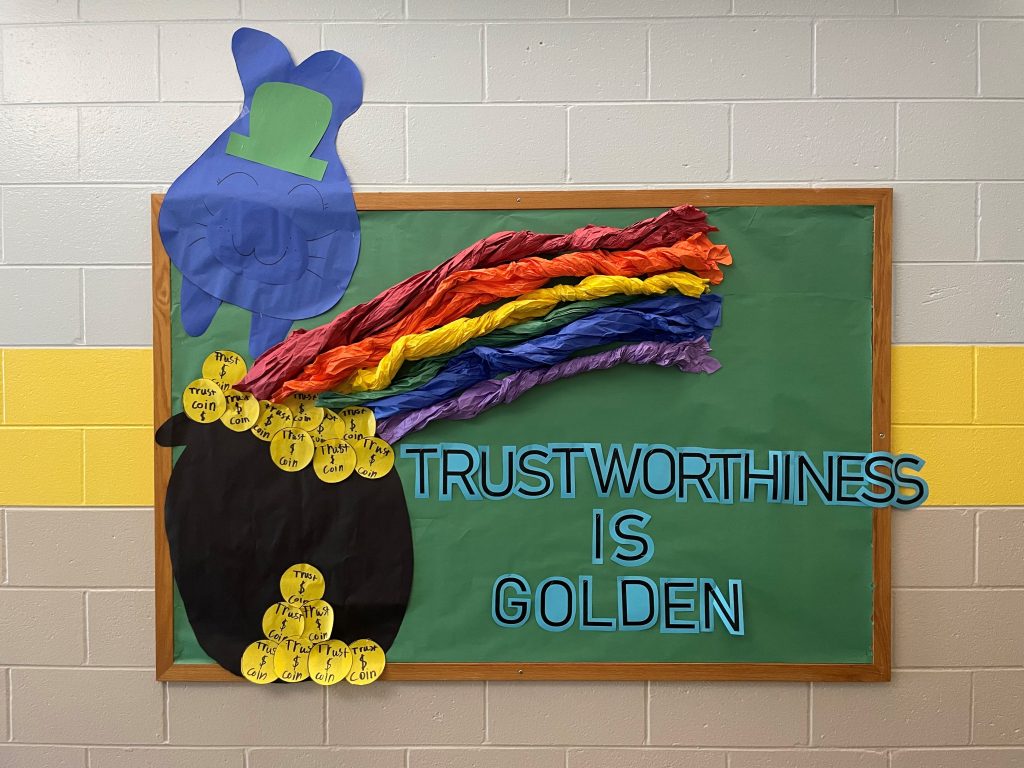
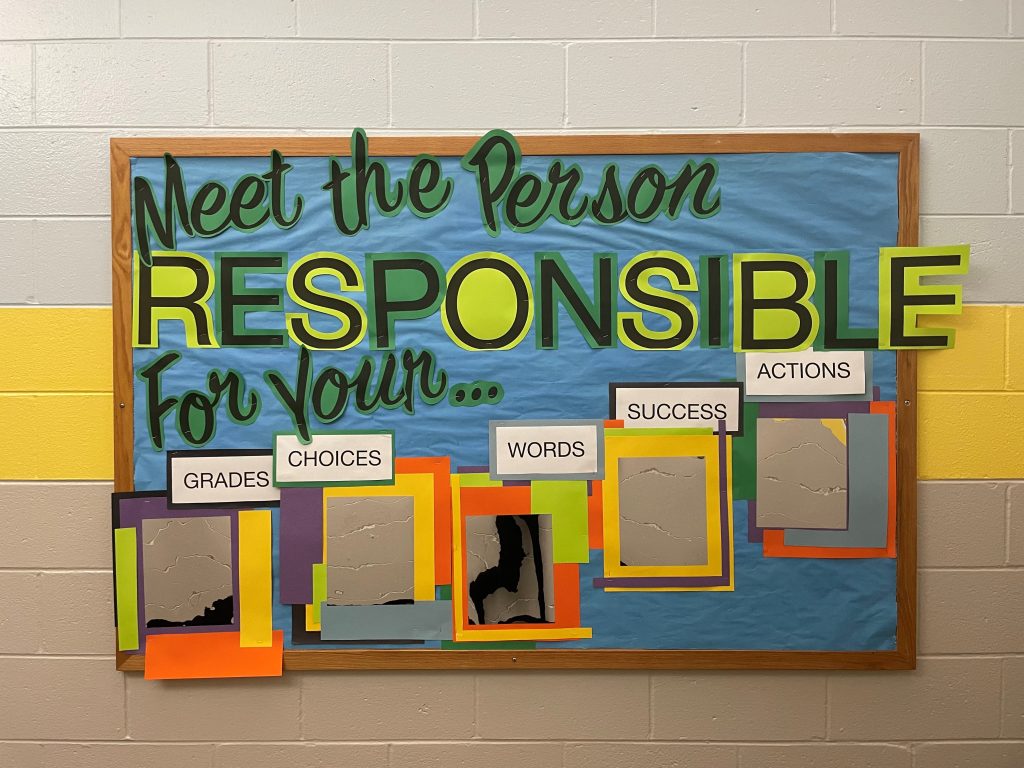
Parents
Dear Parents!
At Otis A. Mason Elementary School, we are thankful every day for the partnerships that we are able to maintain with all of our parents. The partnership of school-family-community collaboration enhances student achievement by helping to create future citizens who are well educated, able to maintain positive character traits, and have proper social and emotional development. My hope is that this page will provide additional resources for you to continue the at-home development of our children, that you are already so deeply invested in.
A large part of our School’s Culture is guided by our Character Counts! Program. Our Monthly Newsletter gives parenting tips related to the Character Pillar each month. I hope you will take a moment to reach this section each month as it can be a good reminder of what we can do at home for/with our children!
If you or your child have any needs, please do not hesitate to reach out. Communication is key in this partnership that we are developing.
Sincerely,
The Otis A. Mason Team
School Counselors
Deb Latham and Nicole Ribeiro 904-547-8440
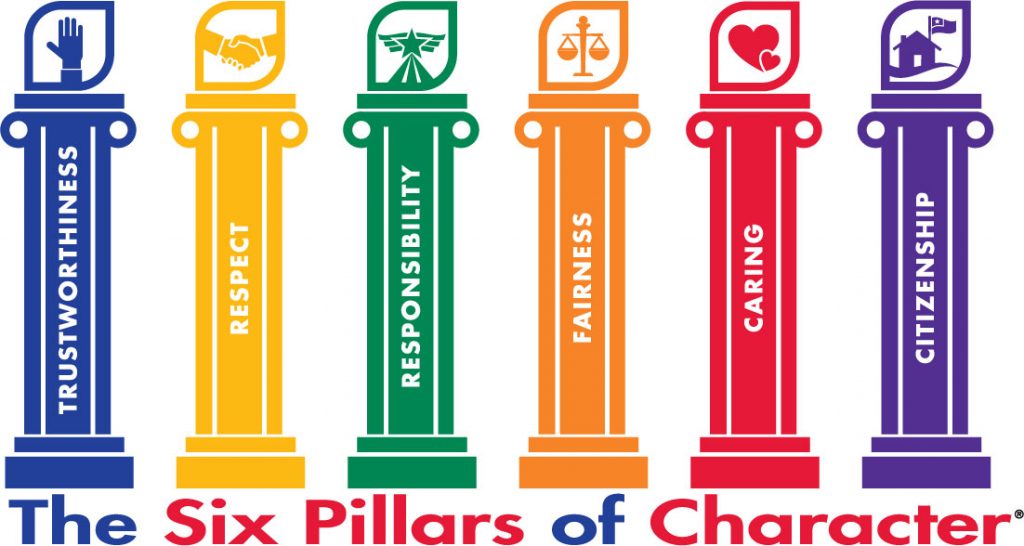
A huge part of our focus at Otis A. Mason Elementary School is striving to be a model CHARACTER COUNTS! school. Every day we incorporate morning announcements w school-wide lessons on the character pillar of the month. Every month we focus on school-wide lessons that provide students with hands-on activities to promote good character. Each week focuses on a different aspect of the monthly pillar to help students understand what it truly means to be a TRUSTWORTHY, RESPECTFUL, RESPONSIBLE, FAIR, CARING CITIZEN.
To view our monthly character lessons, please SCROLL DOWN!
Parents, we need your help with incorporating good character lessons while students are at home and in the community. With a comprehensive approach, students will grow to be the best that they can be!
Character Counts! Overview
Character Counts Parenting Guide
Character in Focus:
Here at OMES, we are passionate about the character of our students, staff, and families. We believe in our
community-based program to build character.
• Trustworthiness: Be honest, reliable, and loyal.
• Respect: Follow the Golden Rule.
• Responsibility: Be accountable for your actions.
• Fairness: Take turns and share. Treat others fairly and listen to them with an open mind.
• Caring: Be kind, compassionate, grateful, forgiving, charitable.
• Citizenship: Obey all rules and laws. Respect authority. Be a good neighbor. Volunteer.
